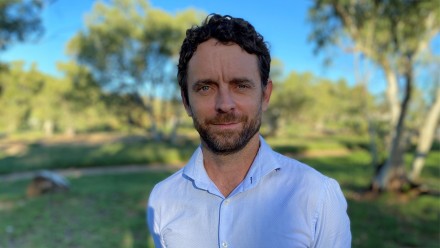Partnerships in care: attributes of successful care coordination models which improve health care networks for people with intellectual disability
The Institute is now offering funding for up to six projects to provide evidence on how primary care for vulnerable consumers can be consumer centred, best delivered and coordinated.
Funding for individual projects up to the value of $150,000 will cover travel and associated project costs. A maximum of six projects will be funded.
The delivery of Primary Health Care services for vulnerable consumers, who often have complex health and social care needs, involves contributions from many different professionals and organisations. Some of these contributions come from outside the health care system.
The Institute is now offering funding for up to six projects to provide evidence on how primary care for vulnerable consumers can be consumer centred, best delivered and coordinated.
Funding for individual projects up to the value of $150,000 will cover travel and associated project costs. A maximum of six projects will be funded.\
The delivery of Primary Health Care services for vulnerable consumers, who often have complex health and social care needs, involves contributions from many different professionals and organisations. Some of these contributions come from outside the health care system.
Further information can be found at the World Health Organisation Disability report.
While previous research carried out by APCHRI funded researchers has examined models of care and care for some populations, ways of providing good quality, coordinated, patient centred care for vulnerable groups are not well understood. Particularly, ways of including these people in their own health care and ensuring that care is patient centred when the relationships between the consumer and practitioners are fragile need to be better understood to ensure that these needs are included in plans for local medical and health services.
APHCRI seeks to commission research where applicants will answer preferably no more than two of the following questions:
- How do people from vulnerable groups, as identified by the definition above, access primary health care?
- How do people from vulnerable groups establish and maintain their care networks?
- What models are most effective in delivering coordinated primary care to people from vulnerable groups?
- What strategies for providing coordinated care across sectors (within health, and between health and other agencies) have been successful in providing care for people from vulnerable groups?
- How can local health planning incorporate the needs of people from vulnerable groups?
- How can health care providers engage and encourage people from vulnerable groups in managing their health care?
- What is the role of e-health in the care of vulnerable groups?
All funded research projects will be required to be completed within eighteen months of commissioning.
All applicants will be required to include an implementation plan which would identify how the findings could be generalised to other services.
Partnerships
A/Prof Lucie Kaye Walters, Flinders University Rural Clinical School











